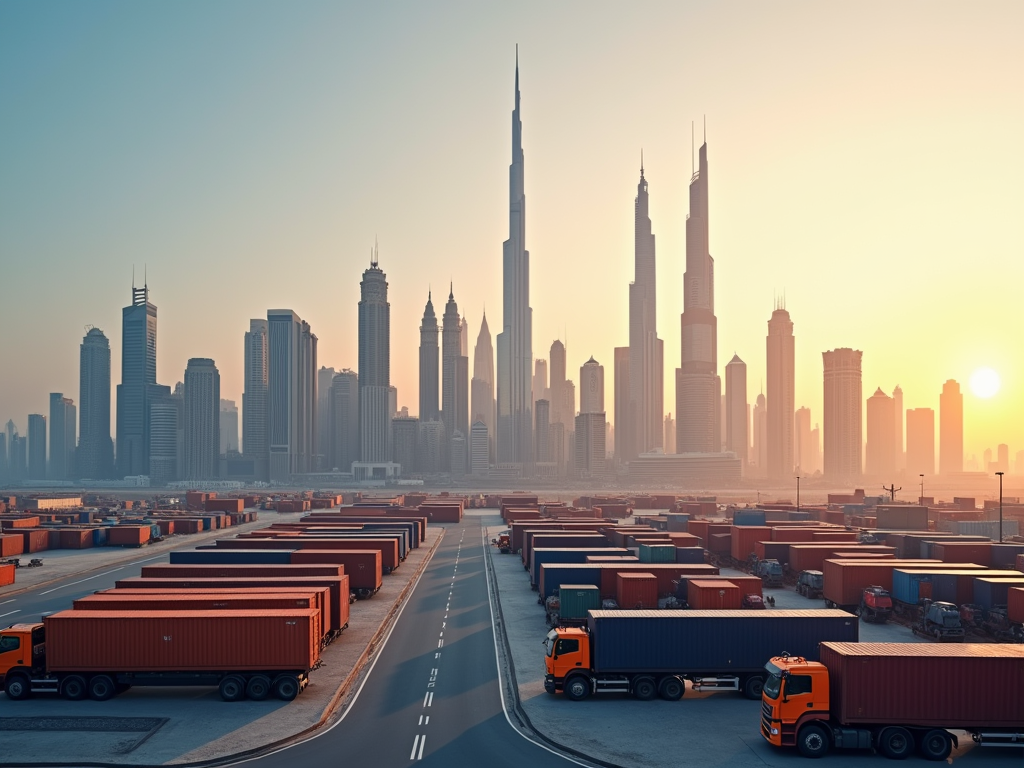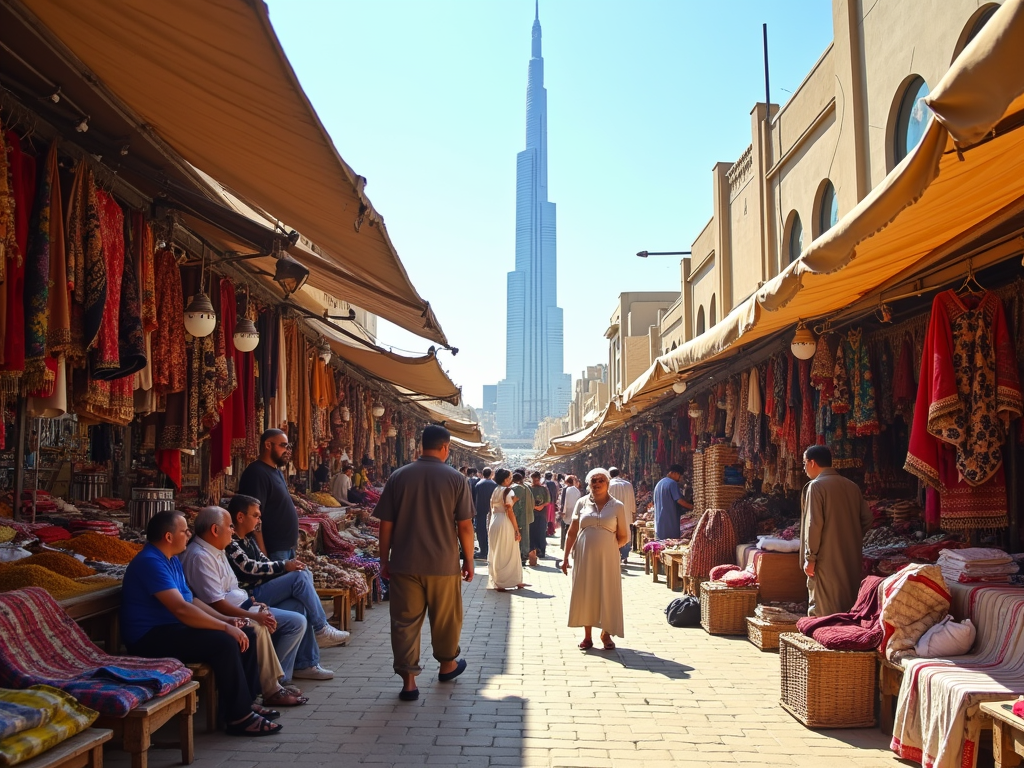Dubai serves as a critical gateway to the Middle East market, acting as a hub for commerce, trade, and tourism. Its strategic geographic position, world-class infrastructure, and business-friendly policies have positioned it as a pivotal entry point for companies looking to penetrate the burgeoning markets of the Middle East. With a diverse economy bolstered by sectors like finance, tourism, and logistics, Dubai attracts investors and businesses from around the globe. This article explores Dubai’s significance in facilitating access to the Middle East, its logistical advantages, and the impact on regional trade dynamics.
Strategic Geographic Location

One of the most significant factors contributing to Dubai’s role as a gateway to the Middle East is its strategic geographic location. Situated at the crossroads of Europe, Asia, and Africa, Dubai offers unparalleled access to key markets. This prime location not only benefits international companies but also enhances connectivity for local businesses. Key benefits of Dubai’s location include:
- Proximity to Emerging Markets: Dubai’s location allows easy access to rapidly growing markets in Africa, Asia, and beyond.
- Efficient Trade Routes: The city boasts one of the world’s busiest airports and seaports, facilitating seamless logistics.
- Cultural Bridge: Dubai serves as a melting pot of cultures, making it easier for international businesses to engage with diverse consumer bases.
World-Class Infrastructure

Dubai’s investment in world-class infrastructure significantly contributes to its role as a regional gateway. The city’s modern amenities span across various sectors, making it an attractive destination for businesses. Some of the noteworthy infrastructure developments include:
- Transportation Networks: The extensive public transport system, including the metro and well-connected roads, facilitates ease of movement for both people and goods.
- Smart City Initiatives: Advanced technology implementations, such as Wi-Fi access across public spaces, enhance the overall business environment.
- Leading Logistics Hubs: The Jebel Ali Port and Dubai International Airport are crucial for efficient cargo movement, ranking among the busiest in the world.
Dubai’s commitment to fostering a business-friendly environment further enhances its role as a gateway to the Middle East. The government implements various initiatives to attract foreign investment and streamline operational processes. Key features include:
- Tax Incentives: Dubai offers zero personal income tax and business-friendly tax rates, making it appealing for global investors.
- Free Zones: The establishment of multiple free zones allows businesses to operate with full ownership and profit repatriation.
- Simplified Regulatory Framework: The government has streamlined processes for business registration and licensing, saving time and reducing bureaucratic hurdles.
The Impact on Regional Trade Dynamics
Dubai’s role as a gateway to the Middle East significantly impacts regional trade dynamics. It serves not only as a trading hub but also influences global supply chains and distribution networks. Through its trade partnerships, Dubai helps facilitate the flow of goods and services across various sectors. The major impacts include:
- Increased Foreign Direct Investment (FDI): Dubai attracts global companies aiming to establish a presence in the Middle East.
- Expansion of E-commerce: The growth of digital platforms in Dubai has led to a surge in e-commerce activities, benefiting businesses and consumers alike.
- Cultural Exchange: The diverse expatriate population promotes cultural understanding and collaboration among businesses from varied backgrounds.
Conclusion
In conclusion, Dubai’s position as a gateway to the Middle East market is attributed to its strategic location, world-class infrastructure, and business-friendly policies. These factors not only facilitate trade and investment but also contribute to the region’s economic growth. As businesses continue to explore opportunities in emerging markets, Dubai will remain a vital hub, driving connectivity and collaboration across various sectors.
Frequently Asked Questions
1. Why is Dubai considered a gateway to the Middle East?
Dubai is considered a gateway due to its strategic location, state-of-the-art infrastructure, and supportive policies that facilitate trade and investment in the region.
2. What are the key industries in Dubai?
Key industries in Dubai include tourism, trade, logistics, finance, and real estate, contributing significantly to its economy.
3. How does Dubai support foreign businesses?
Dubai supports foreign businesses through investment incentives, free zones, and a simplified regulatory environment that encourages entrepreneurship.
4. What is the role of logistics in Dubai’s economy?
Logistics play a crucial role in Dubai’s economy by facilitating efficient trade routes, enhancing supply chain management, and supporting e-commerce growth.
5. How does Dubai improve connectivity with other regions?
Dubai improves connectivity through its modern transportation networks, including one of the busiest airports and seaports, allowing seamless movement of goods and people.
